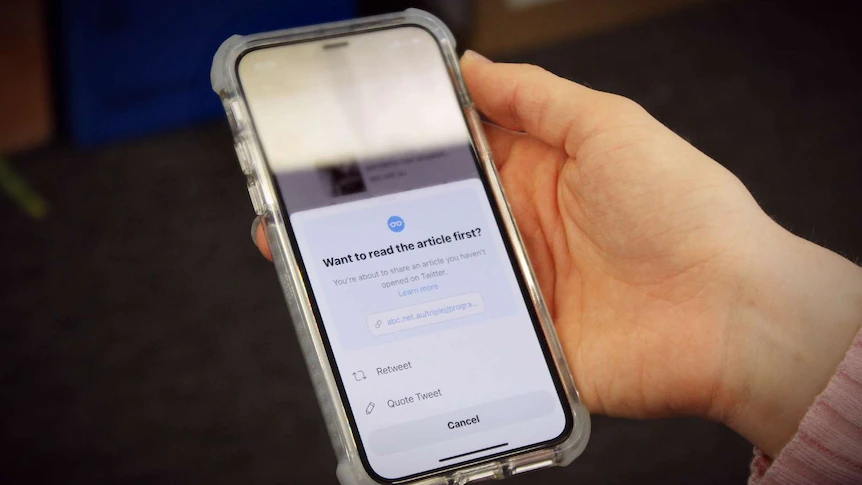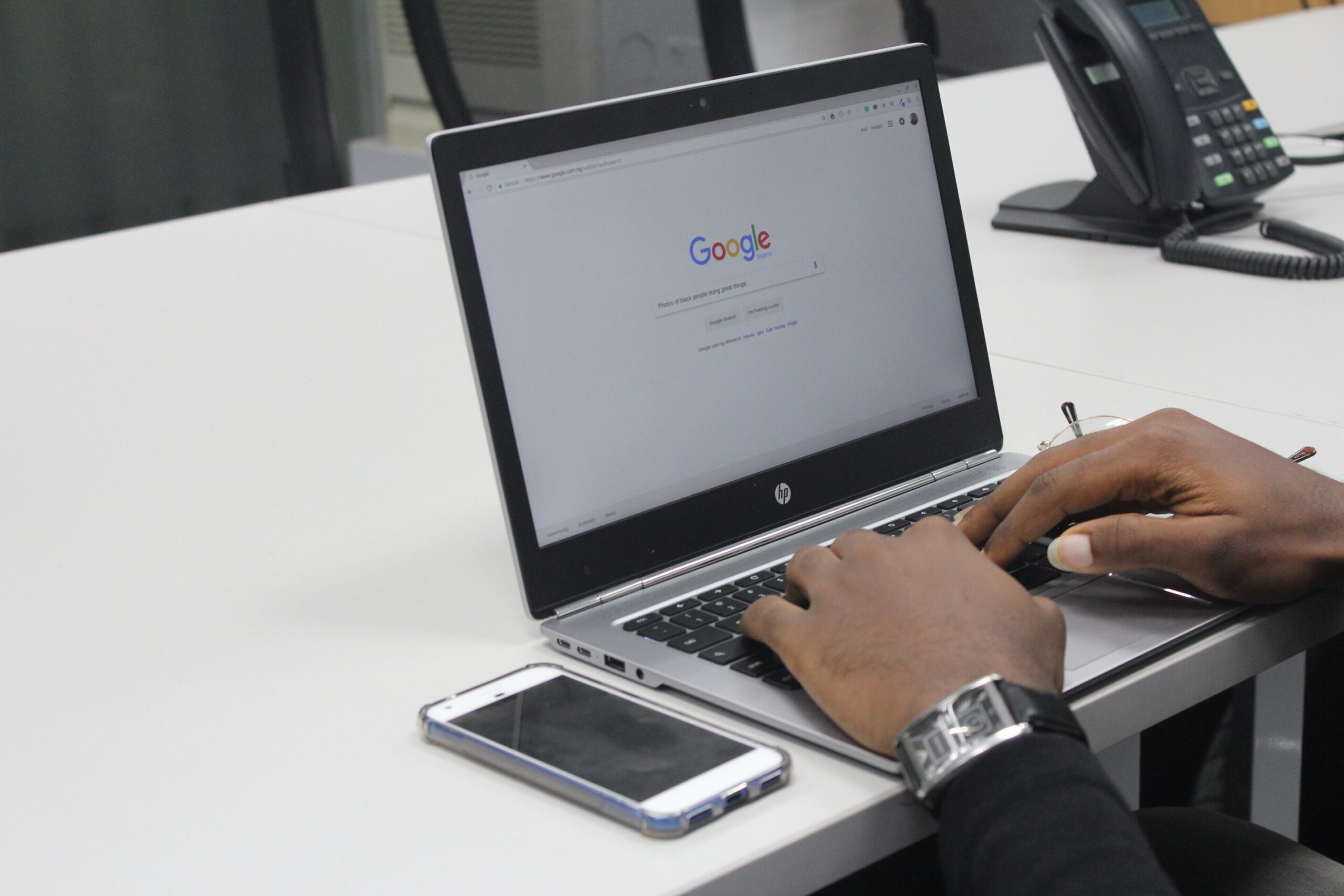In a concerning revelation, a recent study uncovered that individuals seeking to authenticate potential misinformation through online searches ended up more likely to believe the misleading information due to what was deemed as “poor quality results” provided by search engines.
According to the researchers, this discovery underscores the urgent necessity for online search engines to confront the issue of non-credible information prominently appearing at the forefront of search results.
Conducted jointly by researchers from the University of Central Florida, New York University, and Stanford University in the United States, the study aimed to delve into the ramifications of search engine-generated results when users attempted to verify the accuracy of news articles.
The findings, published in the journal Nature, highlighted the need for media literacy programs to ground recommendations in empirically tested interventions and search engines to invest in solutions to the challenges identified by this study.
“Our study shows that the act of searching online to evaluate news increases belief in highly popular misinformation — and by notable amounts,” said study author Zeve Sanderson, founding executive director of New York University’s Center for Social Media and Politics (CSMaP).
The researchers evaluated people’s behaviour after reading latest and older news articles dating a few months back.

The research dataset compiled an amalgamation of news articles encompassing both misinformation or inaccuracies and authenticated news coverage concerning significant topics like COVID-19.
Specifically, the study incorporated what the researchers termed as “false popular articles” relating to COVID-19 vaccines, the Trump impeachment proceedings, and climate-related occurrences.
In their analysis, the research team unearthed a concerning trend: individuals conducting online searches to validate the accuracy of news articles, particularly those containing misleading or false information, were notably inclined to believe them when confronted with what they termed as “poor quality results” provided by search engines.
Interestingly, this trend persisted not just immediately after the article’s publication but also months later. This implies that the passage of time and anticipated opportunities for fact-checking interventions failed to mitigate the inclination to believe misinformation resulting from online searches.
One of the five studies encompassed in the research specifically focused on the impact of search result quality on users’ tendencies to believe or disbelieve misinformation. The findings indicated that individuals exposed to “low-quality” search outcomes were more predisposed to accept falsehoods.
Lead author Kevin Aslett, an assistant professor at the University of Central Florida, emphasized, “This highlights the peril posed by ‘data voids’—areas within the information landscape dominated by substandard or overtly false news and information. These voids may significantly influence the online search process, either by diminishing the retrieval of credible information or, more alarmingly, by elevating non-credible information to the top of search results.”
















